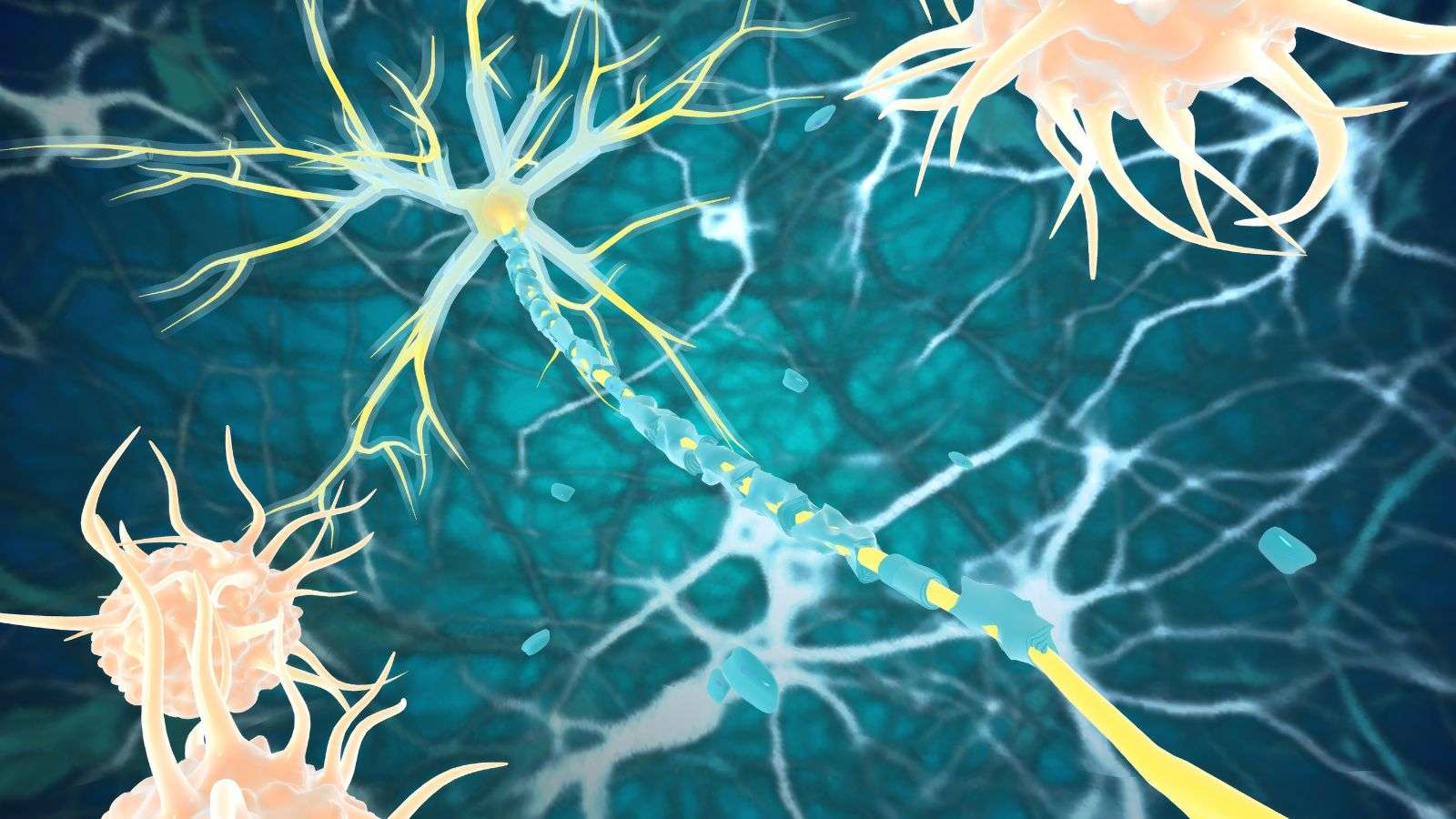Reviewed By Pamela Kirkpatrick - Senior Accredited NCPS & Registered Member MBACP Adv. Dip.
Let's talk about the Vagus Nerve
20 June 2024
Let's dive into the fascinating world of the vagus nerve. Ever heard of it? If not, you're in for a treat because it's a big player in taking us from the stress response, back into the relaxation response.
What is the Vagus Nerve?
The vagus nerve is one of the most important yet often overlooked parts of our body. It's the second-largest nerve we have, trailing only the spinal cord in terms of size. Its name, "vagus," is derived from the Latin word for "wandering," and for good reason. This nerve meanders through our body like an intricate network of roads, connecting the brain to a host of vital organs, including the heart, lungs, and digestive tract.
Anatomy and Functions
So, what does the vagus nerve do? Imagine it as the body’s superhighway, transporting information between the brain and various organs. Here are some of its key functions:
-
Heart Health: It helps regulate your heart rate.
-
Digestive System: It controls muscle movements in your digestive tract, allowing food to move smoothly through your stomach and intestines.
-
Respiratory System: It helps control the muscles involved in breathing.
-
Immune System: It plays a role in regulating inflammation throughout the body.
-
Emotional Regulation: It helps manage stress and anxiety by triggering the release of calming neurotransmitters.
The Role in the Parasympathetic Nervous System
The vagus nerve is a central player in the parasympathetic nervous system, often referred to as the "rest and digest" system. This system is the counterpart to the "fight or flight" response, helping to calm the body after stress. When the vagus nerve is activated, it slows the heart rate, lowers blood pressure, and promotes digestion and relaxation. Essentially, it helps your body switch from a state of alertness and stress to a state of calm and recovery.
Why is it Called the "Wandering Nerve"?
The vagus nerve’s nickname, the "wandering nerve," comes from its extensive, winding path through the body. It starts in the brainstem and travels down the neck, through the chest, and into the abdomen. Along the way, it branches out to touch the heart, lungs, stomach, intestines, and other organs. This extensive reach is why the vagus nerve is involved in such a wide range of bodily functions.
Why Should You Care About Your Vagus Nerve?
Understanding and caring for your vagus nerve can have a profound impact on your overall health. A well-functioning vagus nerve can help you manage stress better, improve your digestion, and even boost your immune system. On the flip side, when the vagus nerve isn’t working well, you might experience issues like chronic inflammation, digestive problems, and heightened stress levels.
The Consequences of Poor Vagal Tone
When this nerve is not functioning optimally, we can become “stuck” in the stress response as the ability to shift the nervous system back into the relaxation response can be impaired. This keeps us on hyper-alert and means our ability to heal, rest, digest, and connect with others can be impaired. Poor vagal tone can lead to a variety of symptoms, such as:
- Feeling constantly on edge
- Irritability and heightened reactivity
- Chronic pain and illness
- Hypersensitivity to sensory stimuli
- Sleep disturbances and daytime fatigue
- Chronic attention and concentration problems
- Appetite changes and cravings
- Immune and hormonal imbalances
- Skin conditions
- Digestive issues
Enhancing Vagal Tone
Fortunately, there are simple and effective ways to improve vagal tone, which we'll be exploring throughout this month. By enhancing vagal tone, we can support the optimal functioning of the systems the vagus nerve controls, aiding our transition in and out of stress responses and boosting overall happiness and well-being.
There are various really simple things we can do to enhance vagal tone, many of which we will be covering this month.
In the meantime, take a deep breath and give a little thanks to your vagus nerve for all the hard work it does to keep you healthy and happy.
Until next time, stay curious and take care!
Get Inspired Further
Book Review Eat That Frog, Brian Tracy
Eat That Frog takes the idea that if the first thing you do each day is eat a frog (important/difficult tasks), then you'll have the satisfaction of knowing that it's probably the worst thing you'll do all day.
Vagus Nerve Daily Toning Activities
Try these Vagal Nerve toning activities that you can easily fit into your daily routine. Strengthening your vagal nerve has many benefits including better stress management, emotional regulation, and overall well-being
get better sleep
A good night’s sleep helps us to be at our best during the day. But a bad night’s sleep can make us feel our worst. Here’s how to get better sleep.



